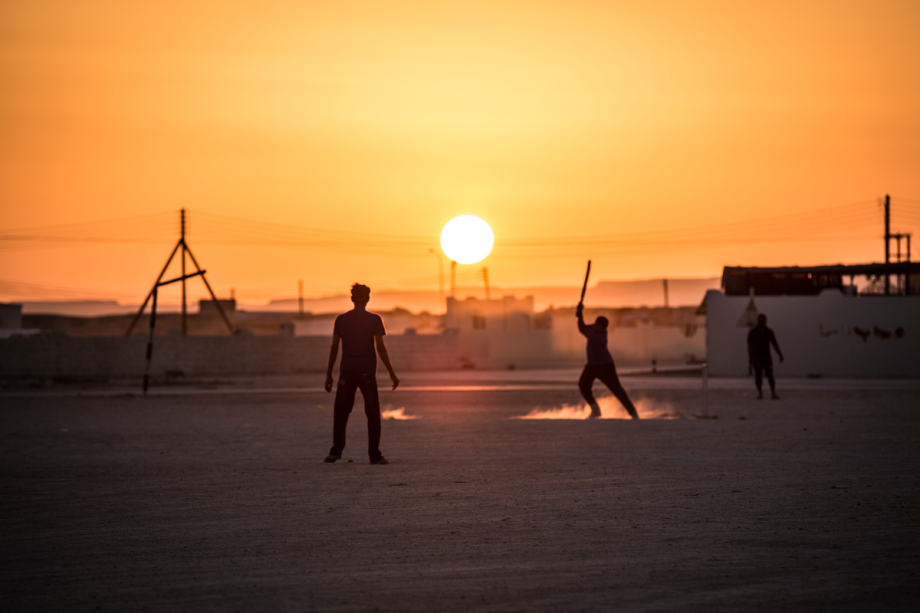“If there is no noise of fighting at night, we don’t sleep well anymore.”
It is a joke that isn’t really that funny. But my friend’s words capture the reality for those who have lived through violence: the task of learning to cope with and getting accustomed to war.
Others are forced to cope with much more personal and visible scarring—like Sufia, the woman we often meet in the evenings at the park near our apartment.
Sufia’s life story reads like A Series of Unfortunate Events. After both her husband was killed, her children mysteriously disappeared and she was left to flee the homeland seven months pregnant.
Another woman, Rafiqa, was on the wrong side of the political divide in the homeland. Eventually, her rivals made it impossible for her and her family to continue living there. They came to this new country under the protection of the UNHCR, and they hope to someday be resettled in a Western country. She knows her chances are slim, so she is settling into life here. Rafiqa also comes to the park with her daughters while her sons play cricket nearby. They are all bored stiff with life here, and they eagerly accept any distraction we offer—English lessons, aerobics classes, or just a conversation in our shared language.
No one ever expects to have to say goodbye to their homeland indefinitely. No one accounts for having to settle into life in a strange culture that they don’t really want to be in.
Neither did we. But our presence here stands for something: the hope of the story of God’s glory in redeeming people through Jesus Christ. This is what we want to offer the people we meet; this is the hope for their nation.
We thank God for the opportunities He gives us to demonstrate that hope. My wife has started a club for children in our area, which helps them pass time in constructive ways and learn biblical truths.
Our children get opportunities to share their toys and books with asylum-seeking families who have left everything behind—God helps them do that with happy hearts.
I am planning to begin a support group to help men brainstorm ideas for making a viable income in this new country. Pray that these local friends would be open to new and creative ways to use their time and earn income.
Meanwhile, we ache to be in our place of calling—a country that becomes less and less hospitable. But for so many, part of the experience of being a national from the homeland is being a refugee, and part of our call is to enter into that experience.
We embrace contentment to be with our friends in this diaspora setting. In many ways opportunities to do what we feel called to do are even more abundant here than inside the homeland. We are grateful for this season, for the things God has positioned us to accomplish and the skills He is giving us.
Still, we envision another chapter of work in the homeland, to tread the earth and rest our heads in the land for which our hearts burn.
Many workers find themselves forced to leave the country that they feel called to be in. Pray for grace to trust that all things work together for the good of those who love Him—and for the good of those whom God is drawing to Himself.
**This account comes from a long-term worker. Names have been changed for security.**
Original article: www.frontiersusa.org/blog/article/living-among-refugees-the-diaspora

